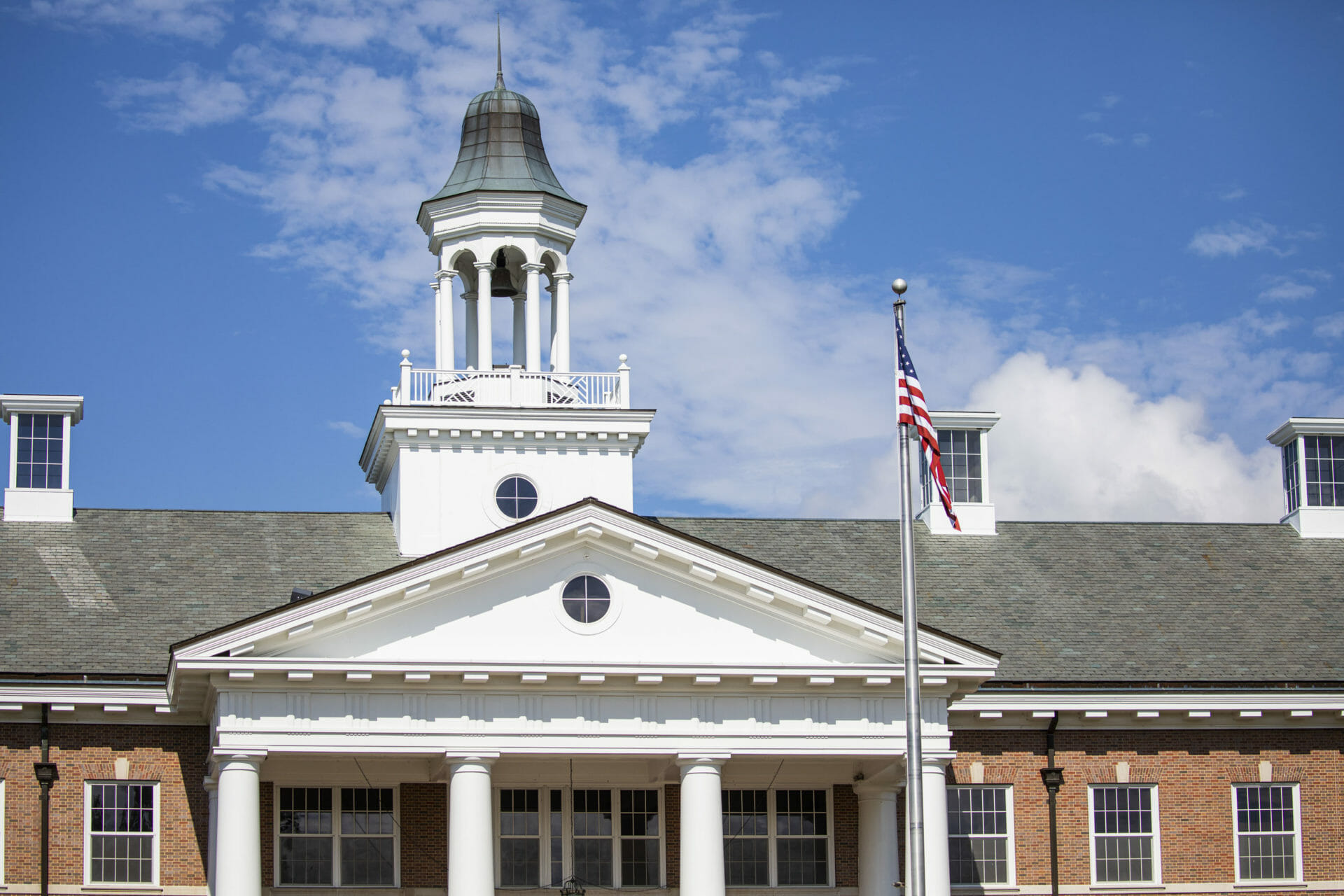Ruth and I welcomed our first child, Jed, into the world only eight days before planes struck the World Trade Center towers and the Pentagon and crashed into a field in Somerset County, Pennsylvania, on September 11, 2001. We are among the 96% of Americans our age who remember exactly where we were or what we were doing when we heard about the attacks. Sometimes that day feels like a lifetime ago. For our son, it was literally a lifetime ago. For all of our MICDS students today, the oldest of whom was born 544 days afterward, and the youngest of whom was born 5,769 days afterward, it was more, or even much more, than a lifetime ago.
In 2016, the Pew Research Center asked Americans to “name 10 historic events that occurred in your lifetime that you think have had the greatest impact on the country.” 76% of respondents included the September 11 attacks. No other event was mentioned by even half of respondents, let alone more than three quarters. Five years later, I cannot imagine that a similar survey would yield a different result. The durability of 9/11 as the most impactful historical event of the average American’s lifetime is implied by the durability of its aftermaths: the persistence of combating terrorism as a top policy priority, for example, as well as the uncritically broad and socially insidious association of Islam and Muslims with violence, a connection that only 25% of Americans drew six months after the attacks but that 50% of Americans draw today. “Never forget” is the patriotic imperative begotten by 9/11, but we might do well to forget—or perhaps not to forget, but to reconsider—some of the other offspring of that hateful morning.
“Time passes. Listen. Time passes.” So begins the 1954 radio drama Under Milk Wood by the Welsh poet Dylan Thomas. “Never forget” inevitably means something different in 2021 than it did in 2001, and it means something different to those who are 15 today than to those who are 50. The passage of time provides distance, and distance provides perspective. In 1945, 85% of Americans believed that the use of atomic bombs on Hiroshima and Nagasaki was justified; in 2005, 57% believed this. In 2002, 83% of Americans supported the invasion of Afghanistan; today, only 42% believe it was the wrong decision to withdraw our troops.
On Thursday afternoon, I joined our Upper School students and faculty to watch poignant videotaped recollections of 9/11 by members of the MICDS Class of 2002 who lived through the attacks their senior year, along with a moving remembrance of the events of that day by one of our Upper School science teachers, Brian Coco. I then walked back to my office through May Hall and saw in the lobby of that building an impressive abundance of supplies donated by today’s seniors and other Upper School students and teachers in support of the 1,000 Afghan refugees who are now settling in St. Louis after the Taliban takeover. Our Middle School students are also gathering donations for these newest arrivals to our city as they begin to make America their home. We will never forget 9/11 at MICDS. Time passes. Listen. Time passes.
Always reason, always compassion, always courage. I wish you a wonderful weekend with your loved ones.
Jay Rainey
Head of School
This week’s addition to the “Refrains for Rams” playlist: Mercy by Miko Marks & The Resurrectors. “Give us strength, strength for the battle / Guide and protect us as we overcome / And in our dying hours when hope has been shattered / Let us remember that we shine like the sun.” (Apple Music / Spotify)
